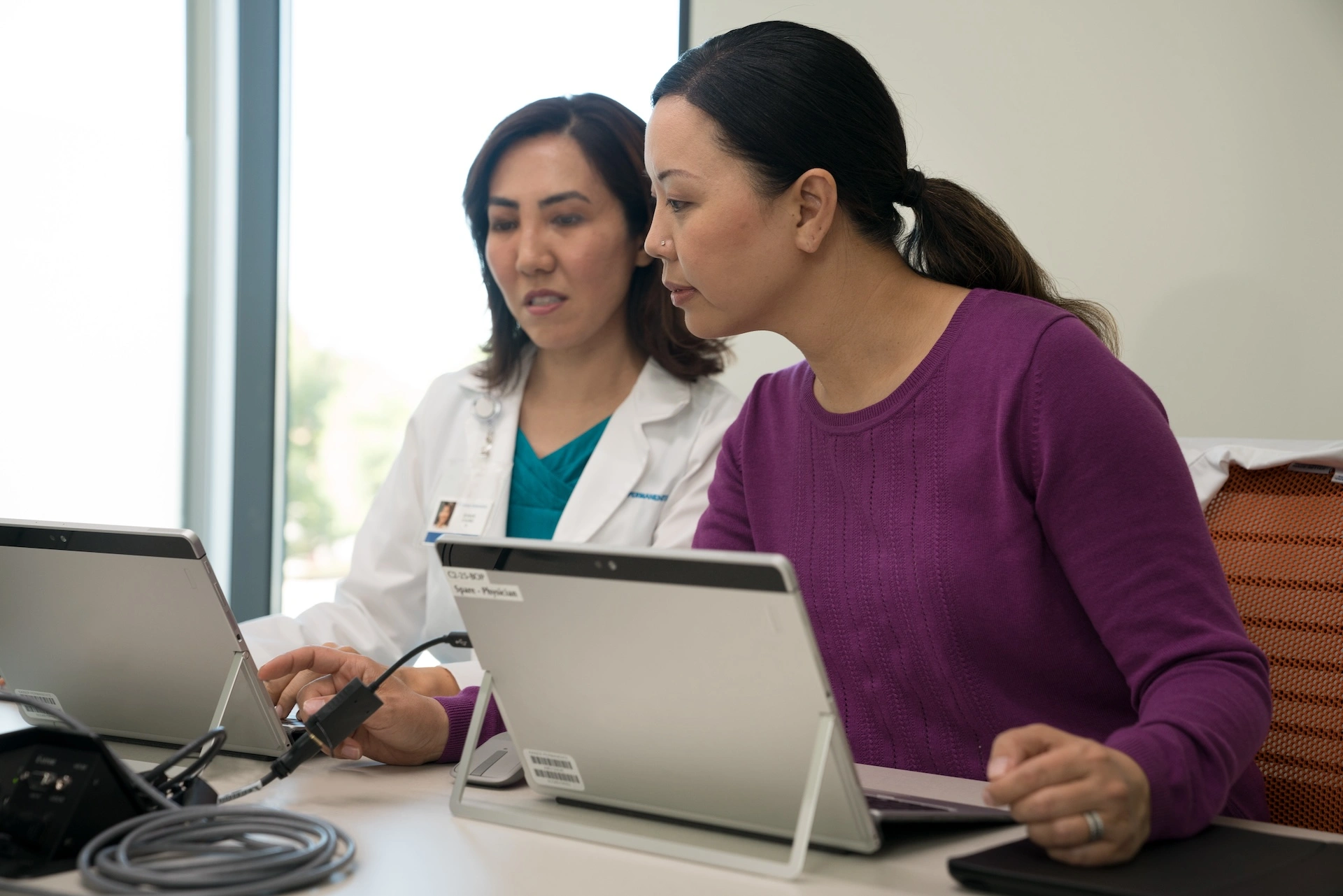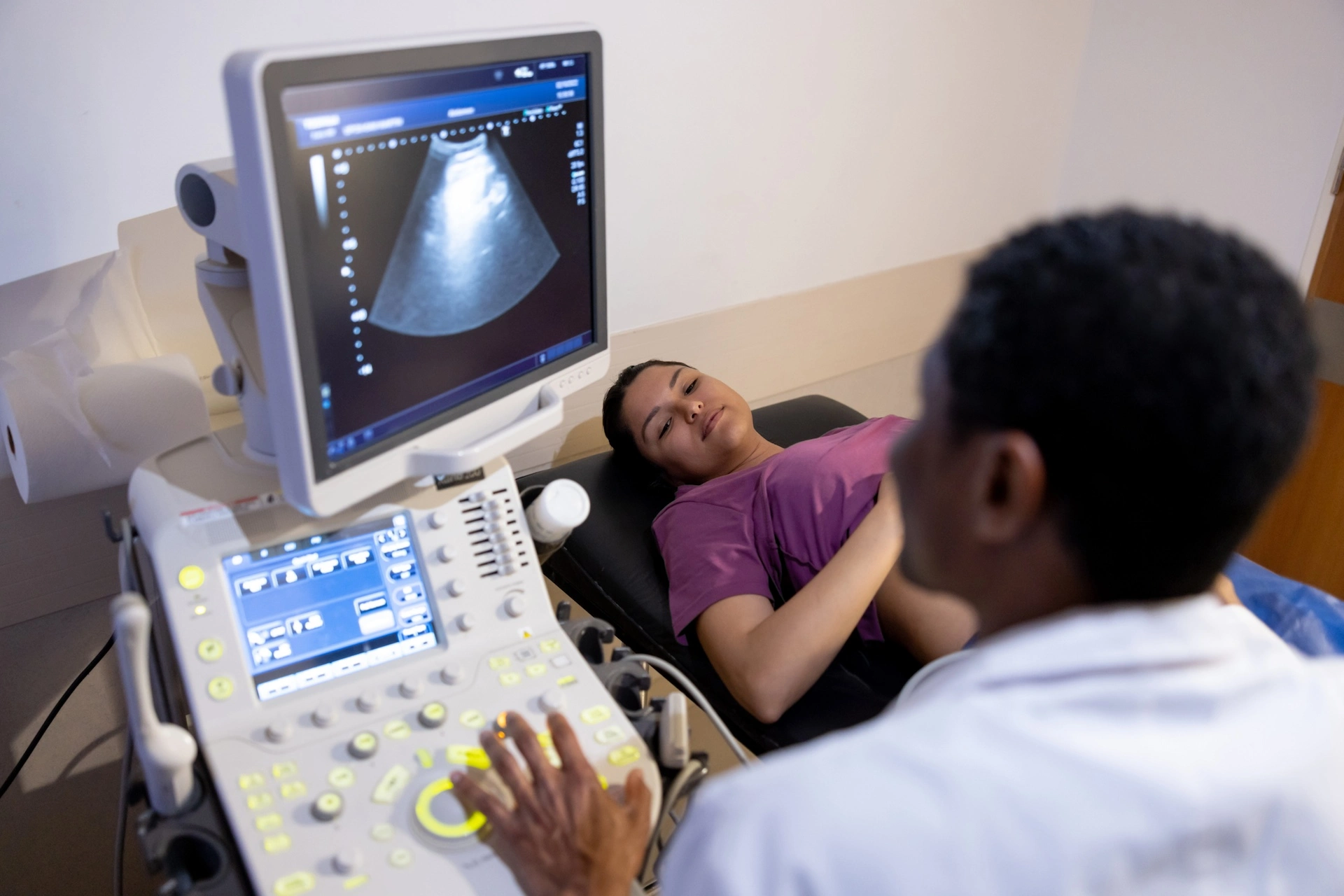Many kp.org users also access the portal to help family members with health care

A new study – designed with the direct assistance of Kaiser Permanente members who use kp.org – shows just how valuable the patient portal has become for helping family members to participate in each other’s care.
Kaiser Permanente has offered its members an online patient portal (kp.org) for more than a decade, allowing them to conveniently access health care information, communicate with clinicians, refill prescriptions, schedule appointments, and more. The portal provides the opportunity to set up accounts for assisting family members with their health care.
In a survey, more than a quarter (27.5 percent) of 1,392 health-plan members with chronic conditions who were registered to use kp.org also used it to help a family member.
“We were interested to see such a high rate in our system,” said Mary E. Reed, DrPH, research scientist with the Kaiser Permanente Northern California Division of Research. “Studies of portal use in other health care systems found rates as low as 1 percent.”
More than 60 percent of those who cared for family members via the portal were using it for a spouse, a third for a child or grandchild, and 11 percent for a parent or grandparent. Furthermore, 94 percent of members who used the portal to help family member reported that it was more convenient than other ways of participating in another person’s health care, and 92 percent said it was faster.
In mid-November, Reed and colleagues published a research letter highlighting their findings in JAMA Internal Medicine. DOR’s Research Spotlight talked to Reed about working directly with Kaiser Permanente members to design a study about how they use kp.org.
Why did you want to do this study?
Technology has enabled patients to access health care and communicate with providers in much more convenient ways than in the past. We wanted to understand how online services affect the patient care experience. Ultimately, we wanted to know whether kp.org is helping our members to actually be healthier.
Why did you work with patients?
The study was funded by the Patient Centered Outcomes Research Institute (PCORI) to look at how patients use portals and whether it affects their health care experience and outcomes. As part of this patient-centered study we wanted to hear from patients themselves, so we worked with a panel of patient partners to design a survey to capture their experiences.
What did you learn from them?
The patient partners brought up the fact that they use the portal for their family members, which we weren’t planning to focus on. They also mentioned the benefits of the portal to them for helping others, so we added it to the survey.
What are the next steps in this work?
We’re looking at the reasons and ways patients use the portal and whether they feel that it changed or improved their health care experience. We are also interested in barriers to using the portal for care. We want these findings to help patients and their families to manage their health care conveniently and become healthier.





This Post Has One Comment
[…] To learn more about the study, check out the full story on the Northern California Research Division "Spotlight. " […]